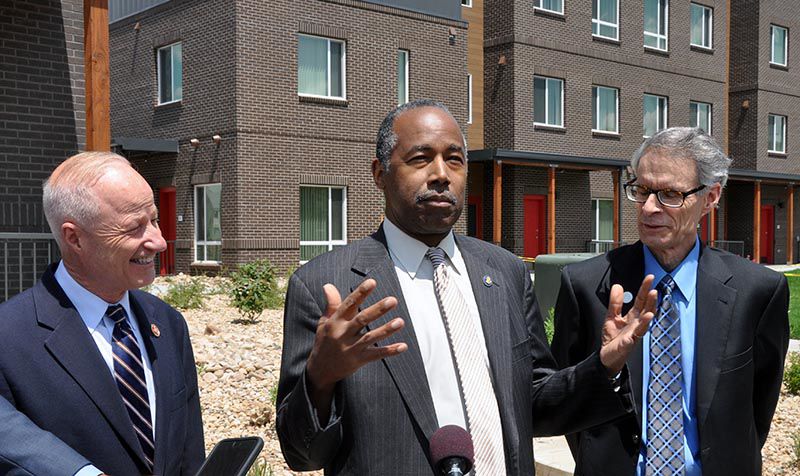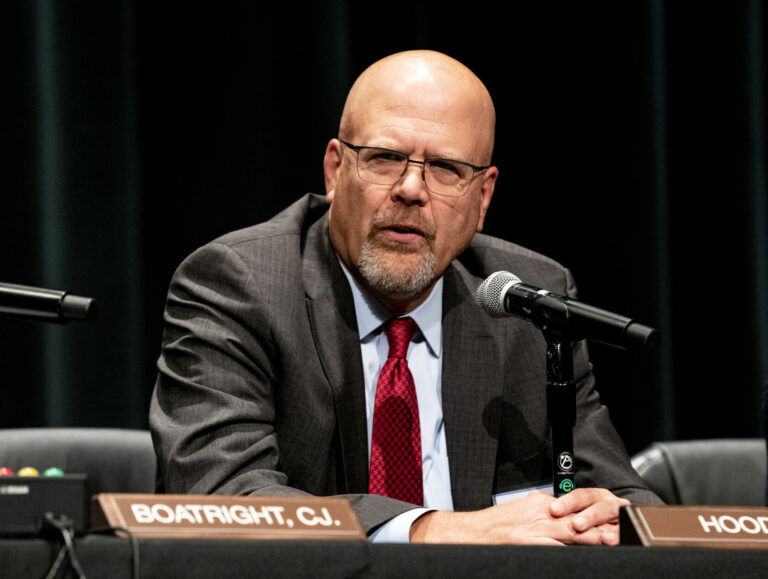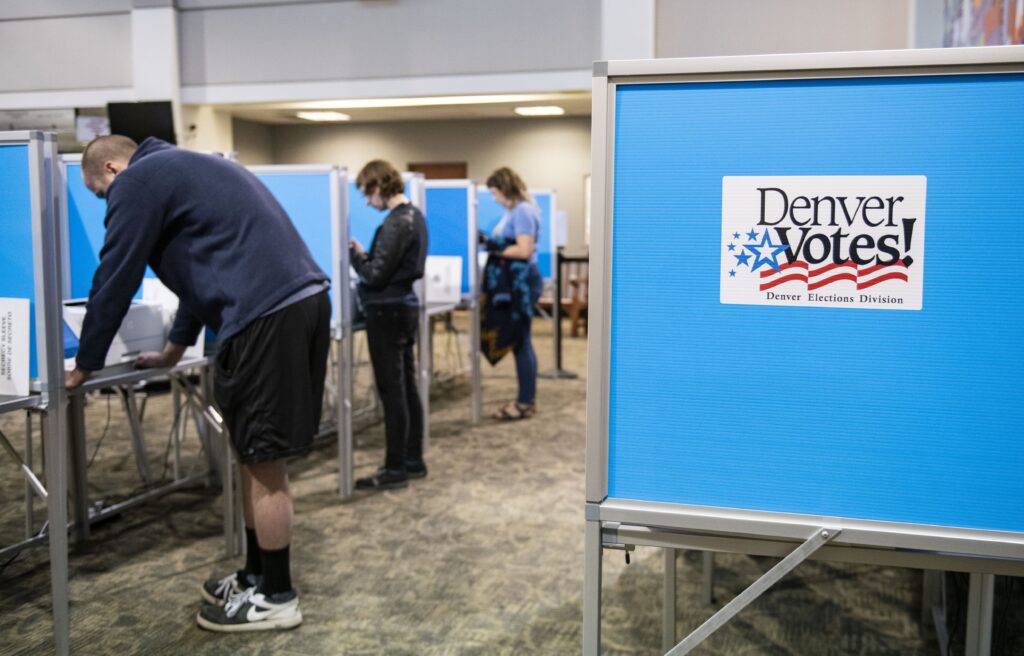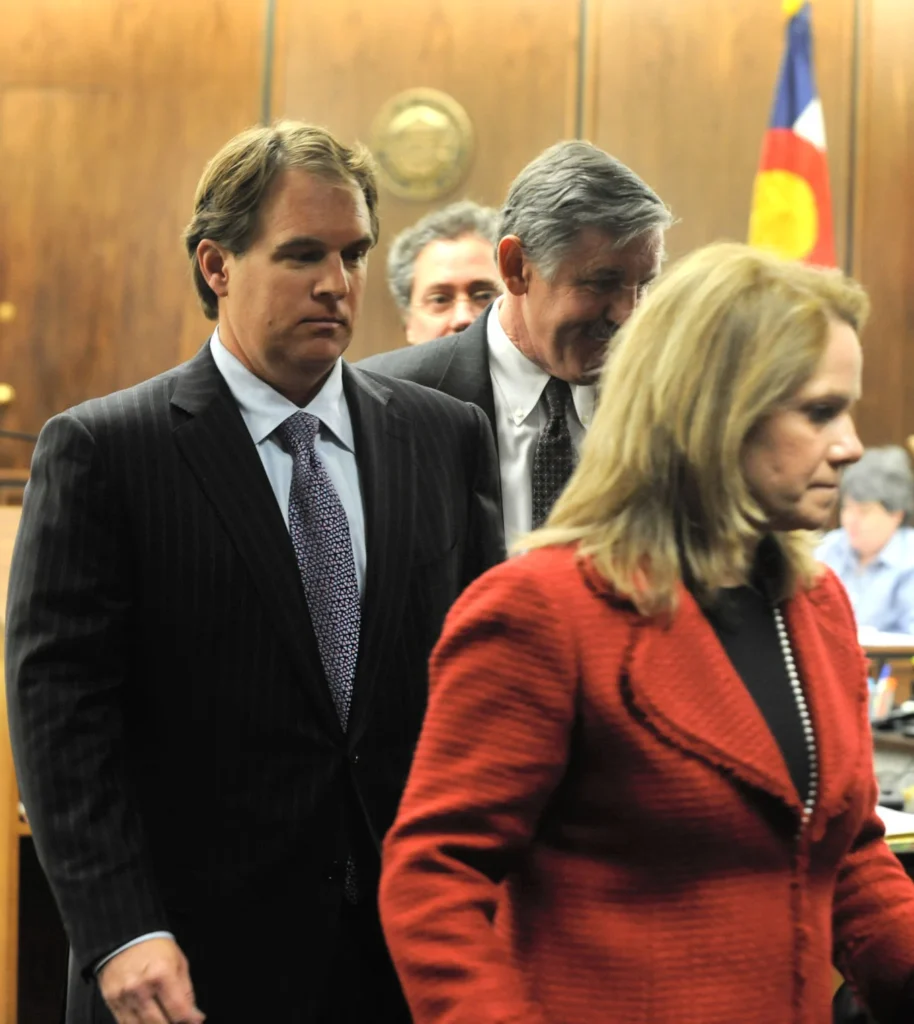YIMBY? Ben Carson, Trump’s housing secretary, pitches affordable-housing strategy

By Joseph Lawler, Washington Examiner
Ben Carson is aiming to become the nation’s highest-ranking YIMBY.
That is, he’s aiming to encourage people to say “Yes in My Back Yard,” instead of “Not in My Back Yard,” or NIMBYism, as its known.
In recent weeks, the secretary of Housing and Urban Development has embraced YIMBYism and called for the federal government to promote it, surprising agency watchers and urbanists and pleasing the bipartisan coalition of reformers who believe that restrictive zoning and land-use regulations are to blame for the rental crisis afflicting the nation and closing off some cities to the middle class.
“What we’re trying to do, obviously, is create more affordable housing,” Carson told the Washington Examiner. “And we can’t do it if we continue to have all of these zoning restrictions and other regulatory restrictions. It just drives the price up incredibly.”
Carson’s move comes as cities like Denver face a severe gap between housing supply and demand.
A report in June from property-database company Attom Data Solutions said Denver has nearly the lowest home affordability in the country, based on percentage of income needed to buy a median-priced home relative to historic averages. It said the median Denver County income is $67,678 and the second-quarter median sales price for a home was $441,000.
And while soaring rents in Denver are showing signs of easing recently, they’re still high by historical standards, with search engine Abodo pegging the median rent for a one-bedroom apartment in the city at $1,509 in September and $1,880 for a two-bedroom unit.
Plenty of high-end apartment complexes are rising in Denver, but cheaper units are far fewer.
As the New York Times reported Sept. 29 in a look at the Denver housing crunch: “Restrictive zoning makes it hard to build denser developments that make cheaper homes profitable for builders.” And that’s Carson’s point.
Carson argued that cities with the most restrictive land use regulations are the ones that suffer the worst unaffordability and homelessness, citing Los Angeles and San Francisco.
It takes an income of more than $124,000 to afford a modest two-bedroom apartment in San Francisco at market prices, according to the National Low-Income Housing Coalition, meaning the city is off-limits to middle class families who aren’t lucky enough to have rent-controlled apartments. The city has not built housing to keep pace with the jobs boom of recent years, thanks to some of the most restrictive zoning and land-use regulations in the country.
Rather than an anomaly, though, San Francisco is just one particularly bad example of what is happening across the U.S.. Nearly half of all renters pay more in rent than they can afford under HUD guidelines, according to Harvard’s Joint Center for Housing Studies.
Yet some of the YIMBY groups that have sprouted up in San Francisco and other costly cities in response to soaring prices are apprehensive about welcoming Carson as an ally.
“YIMBY-world took a collective gasp in horror” when Carson sought to join its ranks, said Laura Foote, the executive of YIMBY Action, a group that aims to bring down the cost of housing in the San Francisco Bay Area.
“I’m terri?ed he might consider gutting federal housing assistance and slap the label YIMBY on it,” Foote wrote in an email.
Indeed, President Donald Trump has proposed cutting HUD funding in his budget proposals. And Carson has proposed rent-reform legislation that affordable housing groups warn would raise costs for very poor residents .
Carson, though, brushed off resistance from California YIMBYs. “I’m not particularly looking for acceptance,” he said.
Carson has access to policy levers that city and county officials don’t. The biggest is the ability to set conditions on the billions in funds the agency sends each year to cities and counties.
In August, HUD asked for public comments on the possibility of revising an Obama-era fair housing rule, asking for ways to use it to increase the supply of housing.
The 2015 Affirmatively Furthering Fair Housing rule prompted cities and counties to identify and remedy, through a variety of means, housing segregation. Failure to comply put local officials at risk of losing out on HUD community development block grants.
The rule could be reworked, though, to focus on narrowly incentivizing local governments to reduce land-use regulations and encourage housing growth.
Free-market groups have encouraged Carson to do just that.
“At a minimum, the federal government should not subsidize exclusionary policy,” analysts Salim Furth and Emily Hamilton of the libertarian Mercatus Center wrote in a comment submitted to HUD. “Why should national taxpayers foot the bill for rent subsidies where the rent is arti?cially high as a result of unreasonable limitations of private property rights?”
YIMBYism is a free-market stance in the sense that it promotes fewer government restrictions on home building and apartment construction.
Exclusionary housing policies, though, aren’t necessarily favored by Republicans or Democrats. Rather, they are promoted by established owners of all ideological stripes who have a vested interest in maintaining property values in their neighborhoods.
Democratic Sens. Cory Booker of New Jersey and Elizabeth Warren of Massachusetts have both recently put forward YIMBYish legislation to require cities and counties to ease housing regulations in order to be eligible for federal grants. In Warren’s bill, that provision would be paired with huge increases in federal funding for affordable housing projects.
And not all conservatives, by any means, are comfortable with the idea of the federal government trying to shape city and county policy. Some opposed the 2015 Obama rule on exclusionary grounds, arguing that it impinged on local zoning decisions and would force single-family-home neighborhoods to accept government-subsidized housing.
Carson, however, sought to allay such fears, arguing that it would ultimately benefit property owners to see their neighborhoods remain affordable.
“We’re not talking about putting a multi-family development in the middle of the block of $1 [million] to $2 million houses,” he said. “We’re talking about relaxing some of the zoning restrictions so that we can have nurses and teachers and ?remen and policemen … live in the same neighborhoods where they work.”
As for the specter, invoked by some conservatives, of the federal government intruding on local-government affairs that hinge on class, race and a host of other sensitive topics, Carson dismissed that, too.
“I’m never talking about forcing people to do things,” he said. “I’m always talking about enticing people to do things. And you entice through education and through incentives.”
Unlike mayors and county board officials, Carson does not have to answer to entrenched property owners who dominate city and county hearings to block new construction. While that makes him less responsive to their legitimate concerns – which he says he is sympathetic to – it also puts him in a position to counteract what YIMBYs see as low-er-level-government errors.
The federal government is “the only place that we’re going to ?nd a solution to the problem in places like New York and San Francisco,” said Nikolai Fedak, the president and founder of New York YIMBY. Even the state government, he noted, works against housing affordability through anti-growth tax provisions.
The mere fact that Carson has aligned himself with YIMBYism “is a great thing for the movement,” Fedak said.
Of course, federal government officials before Carson have noticed that local housing policies have driven up the cost of housing, and yet failed to make a difference.
Near the end of President Barack Obama’s tenure, his White House published a paper calling on local governments to lower barriers to construction, and his budget director ?oated the idea of giving cities and counties incentives to do so.
In the George H.W. Bush administration, HUD Secretary Jack Kemp produced a report blaming exclusionary zoning for high housing costs and recommending that the agency attach strings to block grant funding to address the problem. His recommendations went ignored
Kemp’s problem, said Carson, was that he didn’t have the support of the president. “I don’t have that problem,” he said.
Colorado Politics contributed.














